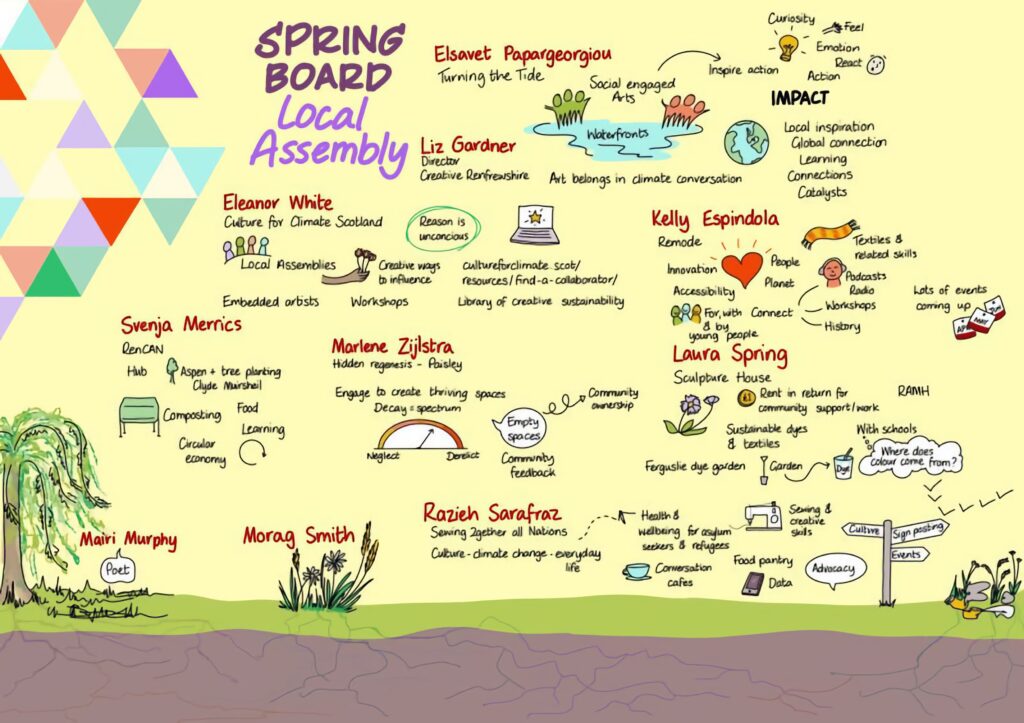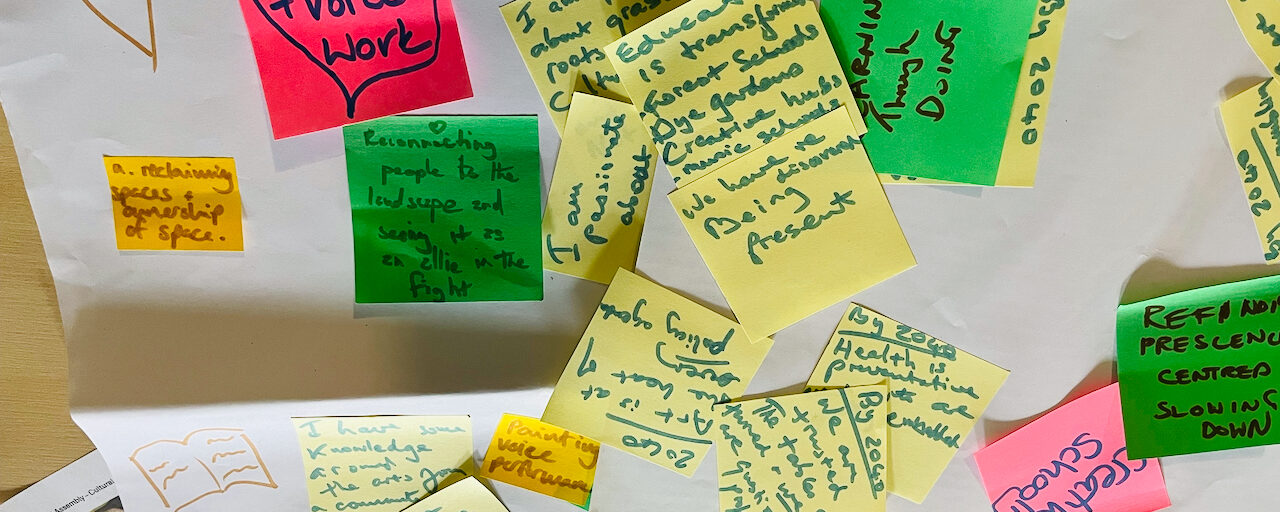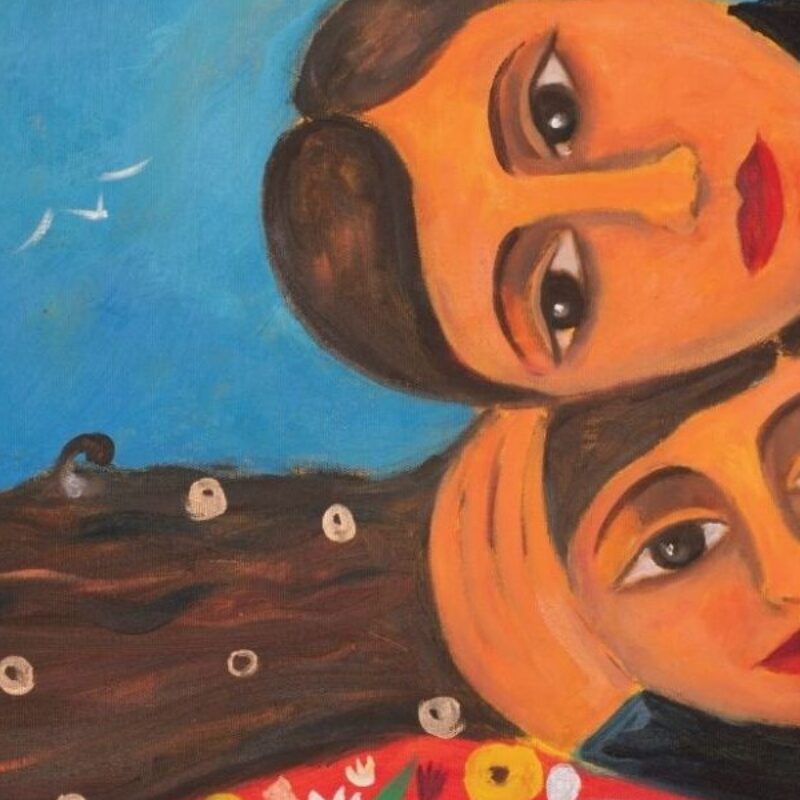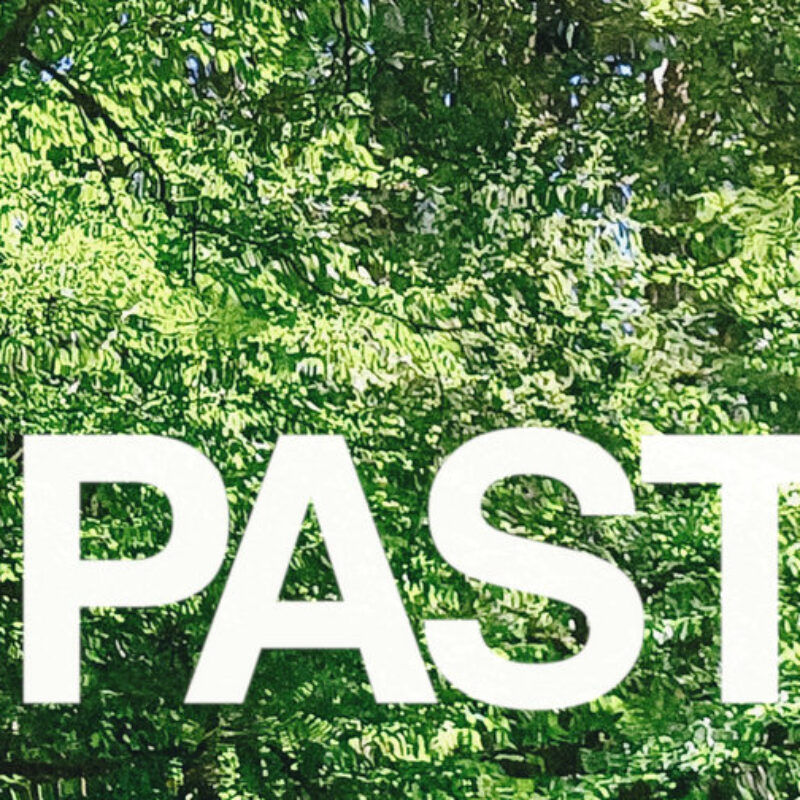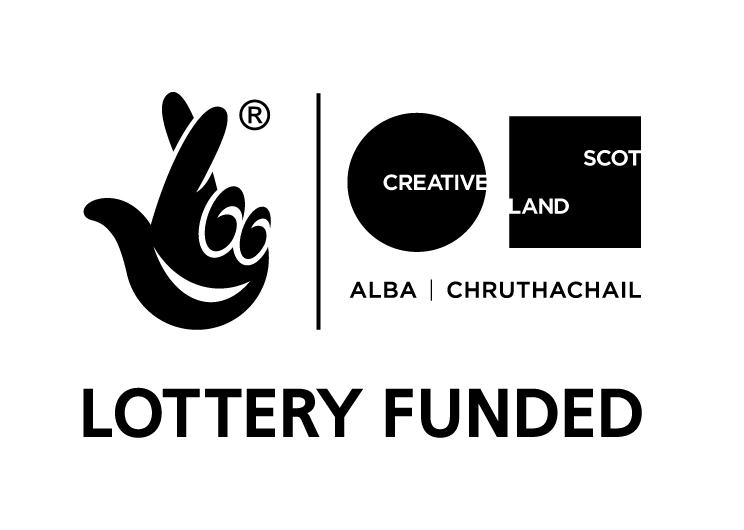Turning the Tide in Renfrewshire – SPRINGBOARD Local (Urban Lab) Assembly
Paisley, Scotland, Friday 25 April 2025 – Artists, climate activists, academics, and community leaders gathered in Paisley this spring to imagine what the area could look like in 2040, placing creativity and culture at the heart of climate action. The event suggests a future where riverbanks are reclaimed for public enjoyment, community-owned hubs thrive in formerly derelict buildings, and every school has its own food garden.
The “Turning the Tide” assembly, held at the University of the West of Scotland on April 25, 2025, brought together a diverse group of 41 participants to explore how creative approaches can build climate resilience. Organised by Fablevision, the University of the West of Scotland, Culture for Climate Scotland, and the Renfrewshire Climate Action Network (RenCAN), the event is part of a wider European project …Despite Brexit-related limitations, Scottish partners remain valued contributors to the programme.
At the core of the day was an intensive workshop, “The Future We Create”, where attendees collaborated to map out the region’s existing strengths and sketch out potential futures. Participants identified a wealth of local assets, from cultural hubs like Paisley Museum, Made in Paisley and RIG Arts to green spaces such as Gleniffer Braes and Barshaw Park. A key exercise saw attendees share their personal passions, knowledge, and practical skills, revealing a deep well of local expertise in everything from community organising and storytelling to growing food and natural dyeing.
From these discussions, a series of ambitious yet grounded visions for Renfrewshire in 2040 emerged. These were not demands, but shared aspirations for what could be achieved through collaboration:
- Accessible Riverfront & Urban Regreening: One proposal focused on transforming redundant buildings and making the region’s rivers more accessible to the public. This would involve local people and artists improving existing spaces, supported by incubator hubs and short-term leases.
- A ‘Return to the Commons’: A powerful idea suggested that every neighbourhood could have its own creative development trust with ownership of local spaces. In this model, disused buildings would revert to community control, fostering shared resources like tool libraries, food growing, and renewable energy.
- Intangible Cultural Heritage: A project tentatively named “Movement in Thyme” was put forward. It aims to work with new Scots to co-create heritage projects based on nature-based knowledge like herb gardening and storytelling, connecting diverse communities to the land.
- Holistic Education and Heritage: There was a strong desire to see natural and built heritage more closely integrated. Suggestions included ensuring all schools and new residential developments have access to green spaces and gardens. This vision also encompasses educational reform to embed creative and outdoor learning, including Gaelic and Scots, into the curriculum.
The energy in the room was praised by OneRen Chair, Cllr Lisa Marie Hughes, who responded to the feedback session by acknowledging the ambition and community spirit on display. The day was punctuated by live poetry and film screenings, which served to ground the strategic discussions in deep emotional connection.
The assembly marked a significant step in consolidating a local network for cultural and climate collaboration in Renfrewshire. The focus now shifts to turning these shared visions into reality.
Next Steps and Key Actions
The workshop concluded by identifying four key strategic actions to guide future efforts:
- Embrace Collective Knowledge: Leverage peer-to-peer learning and diverse community skills by organising skill-sharing workshops and creating accessible platforms for knowledge exchange that blend traditional and modern techniques.
- Prioritise Sustainable Spaces: Integrate and maintain green spaces in all educational institutions and residential developments, fostering wellbeing and environmental stewardship through school gardens and accessible community green areas.
- Collaborate for Inclusive Governance: Encourage active participation from arts groups, community members, and council representatives in democratic planning processes to ensure decisions reflect shared values and cultural vitality.
- Implement with a Long-Term Vision: Adopt forward-thinking strategies that are less driven by short-term politics to future-proof environmental, cultural, and heritage assets with sustainable development and continuous community engagement.
